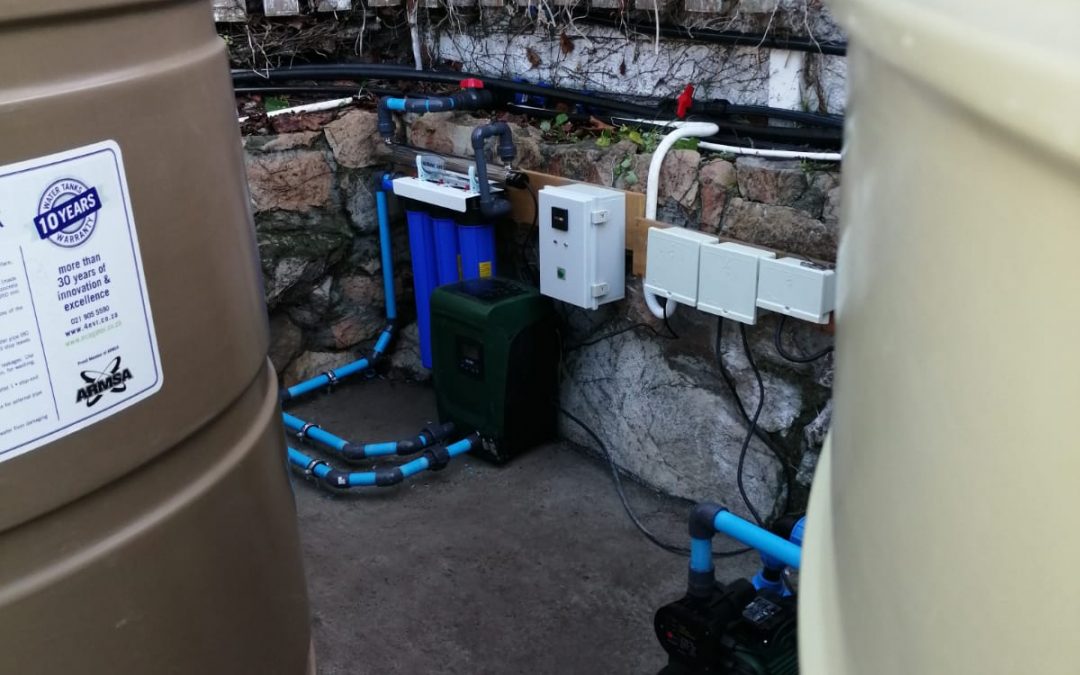In our previous blog, Blackwater. Is that a thing? We explored the basics of greywater, the heck it actually is, and how it can affect our environment. We explored the ugly and the bad – but with every con on our list, we can find more pro points as technology and sanitary systems evolve. Sound a bit like the world is being run by intelligent toilets.
So, what are the most significant advantages and disadvantages of getting a greywater system installed?
Basic diversion systems involve a hands-on owner and are prone to smell due to ill maintenance and unskilled installation. A prime example is Harry down the road; he un-linked his bathroom plumbing outlet and ran a hose to his wife’s prize roses, which now smell like a raw sewerage plant.
Untreated greywater should only be diverted and not use in regular irrigation system unless needed in times of drought. Greywater reuse will assist in keeping your garden alive when you are unable to water with municipal water.
But and there is always a but. High tech systems enable a more permanent usage of greywater and, when professionally installed, can be used for non-potable functions like flushing the loo. On average, a standard household can use over 40 0000 litres in showers and loo flushing alone.
Did you know that a professionally installed greywater and rainwater system of an average four-person household will produce enough water to sustain a small garden throughout the year? Well-points and boreholes installed and filtered when needed can be used in non-potable points in your home. Yes, when filtered, the same non-potable water used to water your garden or top up your pool can be used to wash the laundry and even flush the loo.
A greywater system, in the long run, not only saves your hard-earned rands on your municipal water bill, but it also saves our natural resources.
Don’t be a Harry; speak to one of our experts at Bosman Plumbing for all your greywater needs.
OPEN 24HRS a day for your plumbing emergency!

